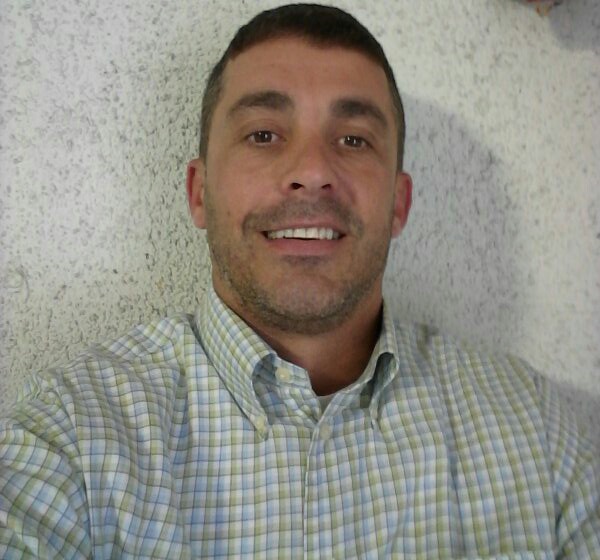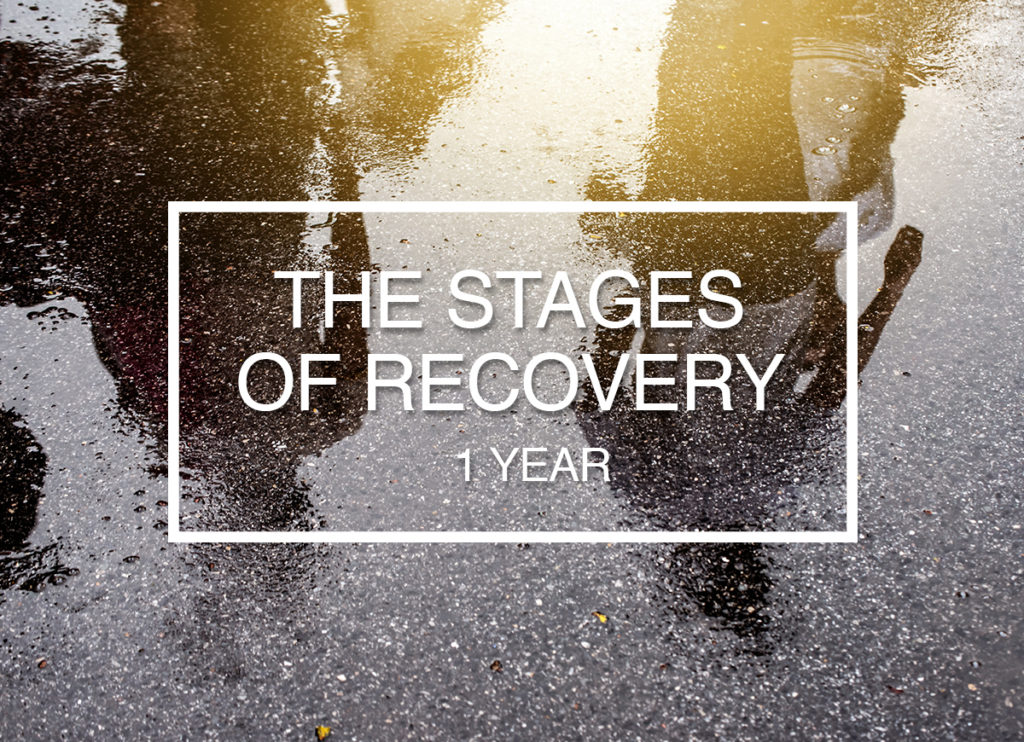Our country is in the middle of a drug epidemic that’s claiming hundreds of lives each day. The mounting death toll caused by overdose and addiction is reaching alarming heights that America has never seen before, and it’s not expected to slow anytime soon.But in the midst of the crisis, September’s Recovery Month serves as a reminder that not all addiction stories have to end in tragedy. As long as you are alive, recovery is possible.Shane Fielder is just one example of the millions of Americans currently living in recovery. After living on the streets and overdosing on a plane while on his way to treatment, Shane has now been sober for just over a year. His story, though filled with challenges, serves as a reminder that a life in recovery is worth fighting for.
Tell me about yourself. What do you do now?
My name is Shane Fielder and I’m 38-years-old. I live in Dixon County with my wife.On July 10th I started working as a treatment specialist. It’s going well so far and I love being able to help people at my job. I just got married in June of this year. My family and I also went on vacation in Florida together for the first time recently- it was amazing.
How did your addiction progress?
I had my first drink when I was 11-years-old. About a week after that I was smoking pot and abusing pills that I would buy from the convenience store down the street.By 16-years-old, I had graduated to smoking crack and cocaine. It eventually got to a point where those drugs weren’t giving me the same high anymore. So I started taking Lortabs until I was able to get my hands on OxyContin around the age of 23. [middle-callout] I went to this doctor who worked out of a trailer on the side of the road and he was able to prescribe me all the opioids I wanted. I wouldn’t even have to see the doctor, I would just pay the people at the front desk for my pills. Even if I was in jail, my mom would pick up my prescription and I could have it behind bars. That doctor died suddenly, so I couldn’t get my pills anymore. Before that, I had never thought about using heroin. I would watch my friends use it and think: “Oh, that’s what a real junkie looks like.” But I was so dope sick and desperate that I started using heroin anyway.
When did you decide to seek treatment?
I didn’t even consider treatment until I was 35-years-old, but I had tried to unsuccessfully quit on my own a few times before then. When I was in prison for dealing drugs I swore off all substances… but my cellmate was a meth cook and taught me how to make it. So, as soon as I got out a prison I started cooking meth. In a weird way, I’m grateful for it. Using meth brought me down harder, faster and further than any other drug I had ever used before- and it’s what made me go to treatment in the first place.
And how long have you been in recovery now?
I just hit my one year mark last Sunday.
What’s the hardest part of living in recovery?
I had one year of sobriety under my belt before this, but I relapsed. That was devastating to me.To be honest, I think the relapse started about six months before I even picked up a drink or drug. I wasn’t being truthful or practicing what I had learned in treatment.This time, I’m trying hard to be honest with myself, my sponsor and my Alcoholic’s Anonymous family. The first time around I hid things from them and it’s part of the reason I relapsed. Now, I tell everyone: “if you’re working with a sponsor, do in honestly. And that one thing you weren’t going to share with them- make that the first thing you share with them.”I know that relapse isn’t a part of everyone’s story, but it’s a big part of mine. I continue my sobriety my maintaining my spiritual condition in ways such as prayer, attending meetings and enjoying life.
What made your second attempt at recovery more successful than the first?
First and foremost, God. Without my relationship with Him, I wouldn’t be here today. I also need to keep attending Alcoholics Anonymous meetings. The people there know what I’ve been through and can sympathize with me because they’ve been there too. That also means that they can hold me accountable for the things I say and do.This period of my life is the first time I’ve ever been 100 percent honest. It’s not easy, but that’s what it takes.Another huge part of my sobriety is being a sponsor to other men in recovery. I have challenges, but compared to what these men are facing and overcoming on a daily basis, my problems are small. They constantly help me keep things in perspective, and I’m learning from them every day. I swear these men are helping me more than I’m helping them.I’ve really had to work for my recovery this time. It hasn’t been easy, but it has been incredibly rewarding- the quality of my sobriety is so much greater now than it’s ever been before.
Are you finding there to be an easy part of recovery?
Honestly, not using drugs is the easy part for me. When I was actively addicted, I was homeless. I was on the run from the police. I was a drug dealer. I literally have a scar from the middle of my stomach all the way down to my groin from a drug deal gone bad.I now have a beautiful wife and a family. I bought a new car by myself for the very first time this year. I took my family on vacation. I don’t want to give any of that up again.
What keeps you motivated in your recovery?
When I first decided to try living in recovery I on the run, living somewhere in Minnesota and about 130 pounds. During that time, I got a call that one of my best friends had died of a drug overdose… and I vividly remember being the first person to put a needle in her arm. Unfortunately, she’s just one of the many friends I’ve lost to drugs and addiction.But this isn’t about me today. It’s about making sure that their deaths won’t be in vain. If sharing my story means that even one person doesn’t have to live without a mom, dad, sibling or child- then it’s worth it.
Do you miss any part of your life before recovery?
No. People actually want me around me now, and that’s an incredible feeling.


